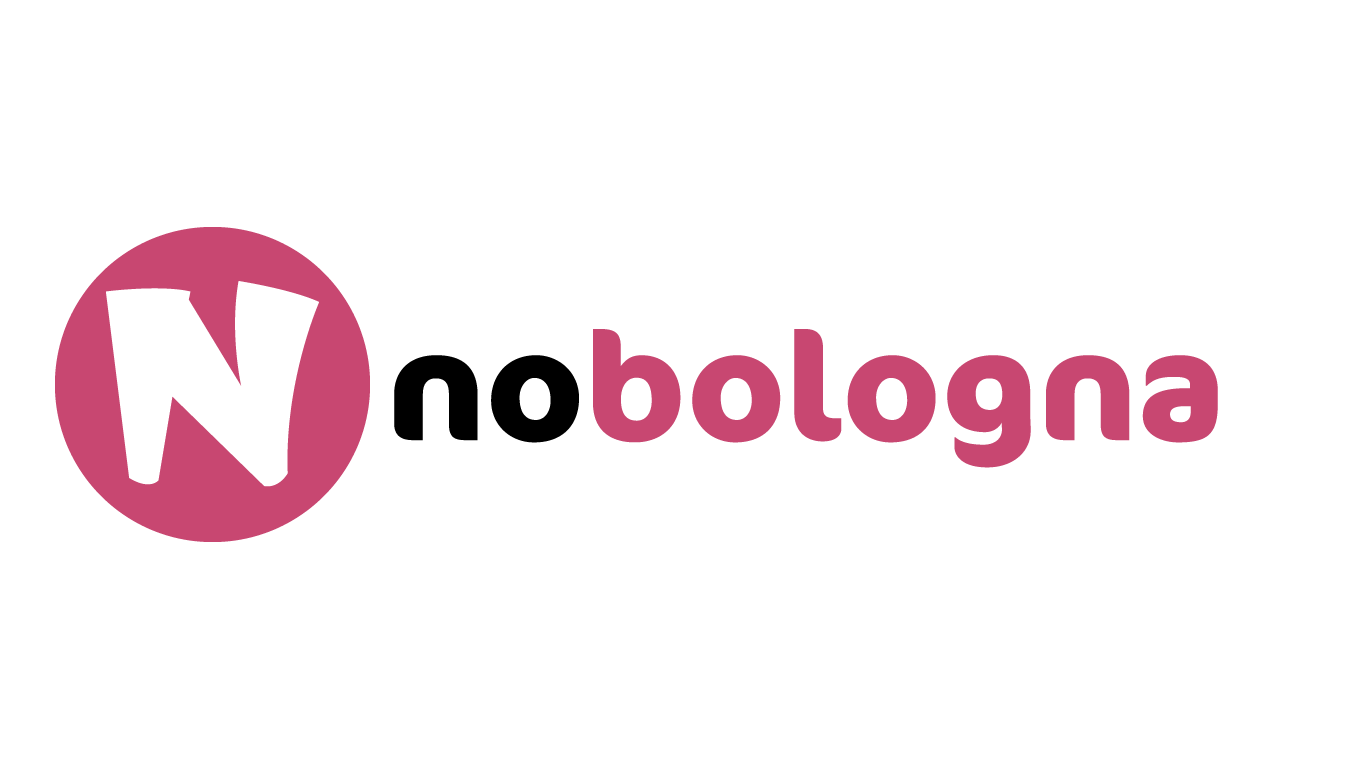Advanced Bidding Strategies for PPC Campaigns
- Brian Fratello
- Jul 24, 2024
- 3 min read
Updated: Oct 17, 2024
Introduction
As the digital advertising landscape becomes increasingly competitive, mastering advanced bidding strategies for your PPC (pay-per-click) campaigns can make a significant difference in your campaign's performance. Effective bidding strategies can help you maximize your ROI, control costs, and outmaneuver competitors. In this guide, we'll explore some advanced bidding techniques that can take your PPC campaigns to the next level.
Understanding Bidding Basics
Before diving into advanced strategies, it's essential to have a solid understanding of the basic bidding models in PPC:
Manual CPC (Cost Per Click): You set a maximum bid for each keyword. This gives you control over your bids but requires constant monitoring and adjustments.
Enhanced CPC (ECPC): Google automatically adjusts your manual bids to maximize conversions, using historical data to predict the likelihood of a conversion.
Target CPA (Cost Per Acquisition): Google sets bids to help you get as many conversions as possible at your desired cost per acquisition.
Target ROAS (Return on Ad Spend): Google optimizes bids to achieve your desired return on ad spend, focusing on maximizing revenue rather than just conversions.
Maximize Clicks: Google sets bids to get the most clicks within your budget.
Maximize Conversions: Google sets bids to get the most conversions within your budget.
Maximize Conversion Value: Google sets bids to maximize the total conversion value within your budget.
Advanced Bidding Strategies
Time-of-Day and Day-of-Week Bidding
Strategy: Adjust your bids based on the time of day and day of the week when your ads perform best.
Implementation: Use Google Ads' ad scheduling feature to increase bids during peak performance times and decrease them during off-peak hours. Analyze historical data to identify trends.
Geographic Bidding
Strategy: Modify bids based on geographic locations to focus on high-performing areas.
Implementation: Use location targeting in Google Ads to set different bids for different regions, cities, or even zip codes. This helps you allocate your budget more efficiently.
Device Bidding
Strategy: Adjust bids based on the device types (desktop, mobile, tablet) your audience uses.
Implementation: Use device bid adjustments to increase or decrease bids for specific devices. For example, if mobile users convert better, increase your mobile bids.
Audience Targeting and Bidding
Strategy: Tailor your bids based on specific audience segments, such as remarketing lists or in-market audiences.
Implementation: Use audience targeting in Google Ads to adjust bids for different audience segments. Combine this with demographic targeting for even more precision.
Seasonal and Event-Based Bidding
Strategy: Adjust your bids around specific seasons or events relevant to your business.
Implementation: Increase bids during peak seasons or major events that drive higher search volume and conversion rates. Plan your campaign adjustments ahead of time.
Competitor-Based Bidding
Strategy: Use competitive insights to inform your bidding strategy.
Implementation: Monitor your competitors' ad positions and adjust your bids to stay competitive. Tools like Auction Insights in Google Ads can provide valuable data on your competitors' performance.
Ad Position and Bid Adjustments
Strategy: Optimize your ad position by adjusting bids to target specific positions on the SERP (Search Engine Results Page).
Implementation: Use bid adjustments to aim for top ad positions that yield higher CTRs and conversion rates. Test different positions to find the most cost-effective spot.
Automation and Smart Bidding
Strategy: Leverage Google's machine learning algorithms to automate your bidding strategy.
Implementation: Utilize smart bidding strategies like Target CPA, Target ROAS, and Maximize Conversions. These strategies use advanced algorithms to optimize your bids in real-time, based on historical data and performance predictions.
Monitoring and Optimization
Regular Performance Reviews: Continuously monitor your campaign performance and make necessary adjustments to your bidding strategy.
A/B Testing: Conduct A/B tests to compare different bidding strategies and identify the most effective approach.
Conversion Tracking: Ensure you have robust conversion tracking in place to measure the effectiveness of your bids accurately.
Bid Adjustments: Be prepared to adjust your bids based on changing market conditions, seasonal trends, and campaign performance.
Conclusion
Advanced bidding strategies are crucial for optimizing your PPC campaigns and achieving your advertising goals. By understanding and implementing these techniques, you can gain a competitive edge, maximize your ROI, and drive better results for your business. Remember, the key to success in PPC bidding is continuous testing, monitoring, and optimization. Stay informed about the latest trends and tools, and keep refining your strategies to stay ahead in the ever-evolving digital advertising landscape.

Comments